Text
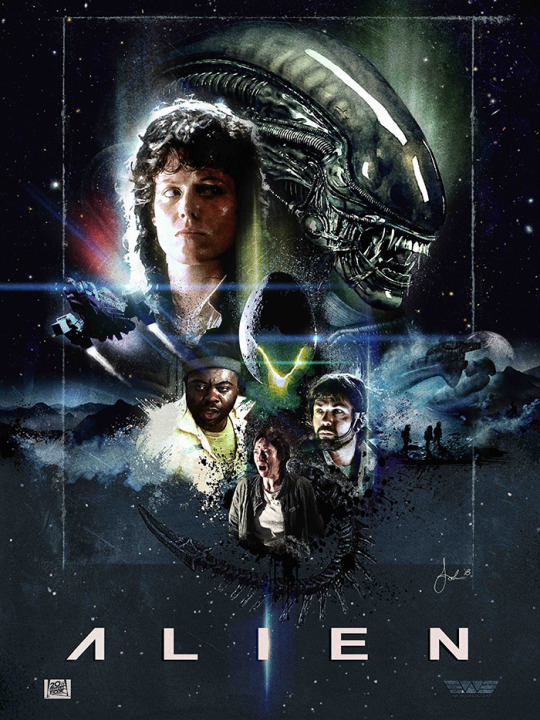
I just had to check if I had already posted about the composer of this 1979 Ridley Scott classic. I hadn’t, so it is high time I corrected this oversight! As is common in sci-fi movies, the opening takes its time setting the tone, slowly drawing us in to the vast quietness of space, and the loneliness of life on a spaceship. Legendary composer Jerry Goldsmith makes the most of this opportunity to underscore expertly, beautifully, and atmospherically, immediately prompting me to search IMDB to identify who was responsible. It was in fact in the same year that he worked on the first movie in the Star Trek franchise, which is how I first became aware of, and a fan of, his creative genius. This was just over 2 years after his only Oscar-winning score, for Richard Donner’s The Omen, although he racked up a total of 17 nominations before he passed away in 2004 at the age of 75. Wikipedia states that Alien is considered “one of his best, most visceral scores”, and I would agree that the bleak and dissonant soundscape he conjures is the perfect accompaniment to the dark, intense atmosphere. This is, however, achieved without completely abandoning melodic interest, although it has to be said that it is the superb orchestration that makes this a masterpiece. The avant-garde nature is always well-judged, reinforcing, not distracting from, the visuals, with ample use of, yes, space!
0 notes
Text
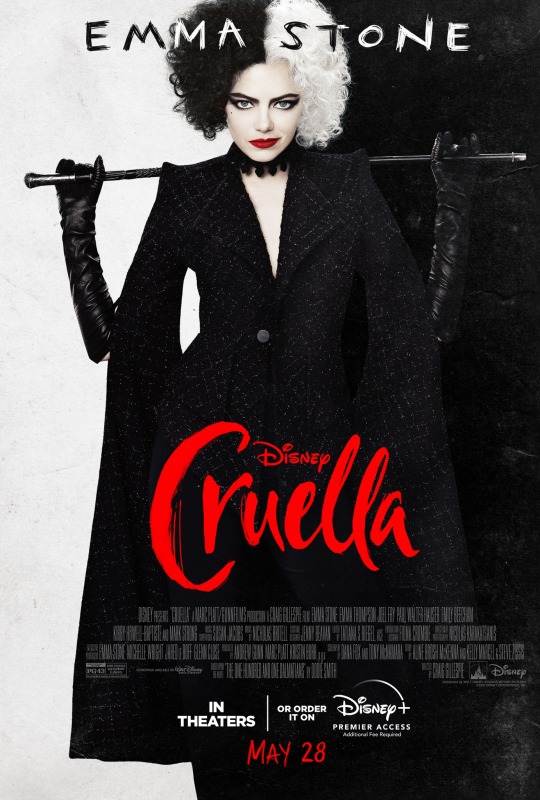
I am glad I went into this film with no expectations - this was a real surprise smash! The two starring Emmas (Stone and Thompson) were superb, hanming up the posh evil English accents just the right amount; the junior version of Stone’s character actually made me think that she might grow up to be played by Felicity Jones (I wonder if she was ever on the possible cast list). Thompson’s entrance was spectacular, and reminded me very much of a 60s Diana Rigg. The plot was unexpectedly pleasantly engaging, and the film has a really lovely attention to period detail, including a nice selection of now-classic cars. A slight feeling that the Special FX budget had run out near the end is really my only slight negative, but perhaps we can blame lockdowns for that. Musically, much was achieved through a very well-chosen variety of historically accurate pop songs, almost Nora Ephron-like in the aptness of their selection. Composer Nicholas Britell (If Beale Street Could Talk, The Big Short) did a fine job contributing original scoring, present in an understated yet essential role, which is as it should be. Most importantly of all… the much loved song “Cruella De Vil” was not massacred in a trying-to-update-for-the-modern-generation way! Instead a really nice solution to this potentially thorny issue was found, which I will not spoil for you here - well done, director Craig Gillespie and team - a triumph!
2 notes
·
View notes
Text
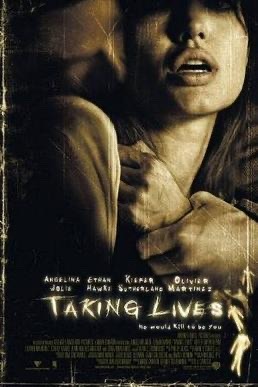
With a composer as well-respected as Philip Glass providing the score I had very high expectations, but I am sorry to confess that I was disappointed in the result here. The same could be said of the attractive star-power of the cast. The music, taken on its own, was typical Glass, and would have been enjoyable in a conventional concert setting, or perhaps as music for a ballet, but in the context of this film it came across, to me, as awkward, overly self-aware, sometimes comic even. However, much of this can be attributed to the overall feel of the movie, which seemingly throws in a hodge-podge mix of tropes and clichés from film school, hoping to come across perhaps as arty, but in my opinion just verging on cartoonish. Perhaps this was the intention, albeit unclear, the result being a mystifyingly not-quite-coherent whole. The music feels like it was intended to add a level of seriousness to proceedings, but somehow it actually at times seems to just highlight the silliness in contrast. That is not to say that I did not enjoy the movie, I clearly found it thought-provoking enough to want to write about it, so in that sense of the purpose of a work of artistic endeavour, job done.
0 notes
Audio
Our new "lockdown" single out now, following successful charity fundraising campaign!
0 notes
Text

I have written about the excellence of Elmer Bernstein before, but I believe he justifies the repetition, particularly bearing in mind the longevity of his career, and the diversity it encompassed. In The Great Escape (1963) we hear some of the influence of Copland in the stylistic americanisms, some extensive thematic development, not just of the famously hummable and instantly recognisable main tune, plus some really nice contrasts in scoring the different methods of transportation for the escapes. This sounds like it was fun to make, music featuring strongly yet effectively, and never over-poweringly.
0 notes
Text
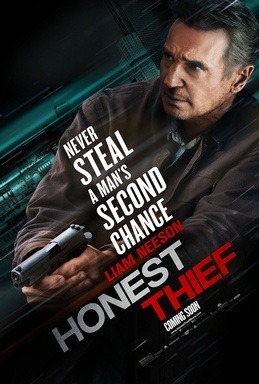
Yes, it is still just about possible to see a film at the cinema at the moment, and Honest Thief came up with the goods, providing exactly what you’d expect from a Liam Neeson film, plus the bonus of music from a composer after my own heart, Mark Isham, whose eclectic tastes and wide-ranging toolbox have seen him providing music for a huge range of content over many years. He first came to my attention in the 90s with Point Break and Billy Bathgate, and recently was honoured with the ASCAP Henry Mancini Lifetime Achievement award - a much deserved accolade.
0 notes
Text
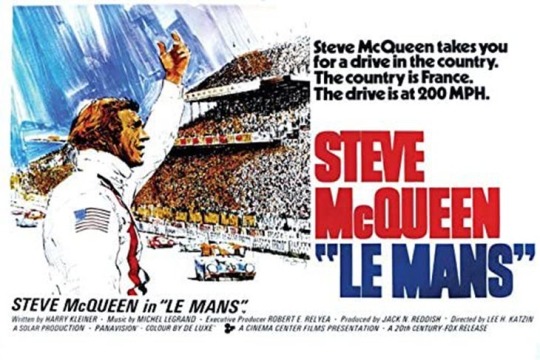
The score of Le Mans (1971) grabbed my attention right from the start, with a beautiful oboe melody rivalling Ennio Morricone’s The Mission, pulling me into the movie whilst simultaneously sending me diving for the internet to find out the composer - I was not disappointed with the answer: the wonderful Michel Legrand (1932-2019). His 3 Oscar wins were for The Thomas Crown Affair (1968-69), Summer of ‘42 (1971-2), and Yentl (1983-4). A very stylish movie, Le Mans eschews dialogue in favour of adept deployment of sound FX, atmospherics, dynamic contrast, and judicious placement of music - great direction from Lee H. Katzin.
0 notes
Text
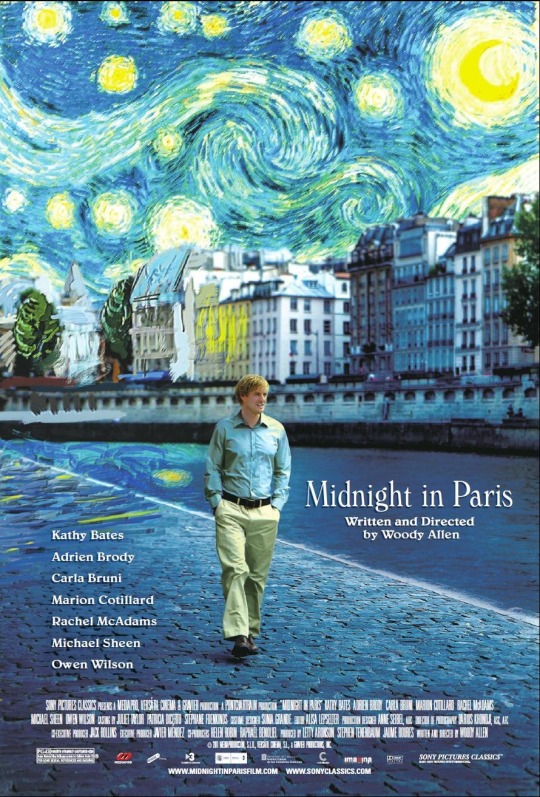
Woody Allen’s beautifully crafted Midnight In Paris (2011) features, typically for this director, a nice selection of jazzy music, in this case notably a lovely Sidney Bechet track, and some performances by Enoch Light & The Charleston City All Stars, gorgeously conjuring the atmosphere of French bohemia.
0 notes
Text

Blake Edwards’ Shot In The Dark (1964), sequel to the Pink Panther, scored beautifully of course by 4-time Oscar winner and former Benny Goodman arranger Henry Mancini, a pioneer in bringing jazz to film music in this era.
0 notes
Text

Marc Shaiman’s excellent orchestral music for Rob Reiner’s The American President (1995) achieves the perfect tone of classic statesmanship and romanticism, demonstrating the composer’s admirable breadth and eclecticism when considered alongside other outstanding examples of his work such as the jazziness of When Harry Met Sally (1989), and the all-out razzamatazz of Hairspray (2007).
0 notes
Text
It’s that time of year, but we’re missing the real thing due to exceptional circumstances, so time to revisit the movie Wimbledon (2004).
Right from the off, Edward Shearmur’s music draws us in, his jaunty yet funky opening music tying in beautifully with the tennis ball back-and-forth credits cliché, setting a scene that is at once modern yet classy, summery, and completely in tune with the tone of the movie as a whole.
John Colby is also given a composer credit, which would appear to be due to the use of a small TV Sports ident of his.
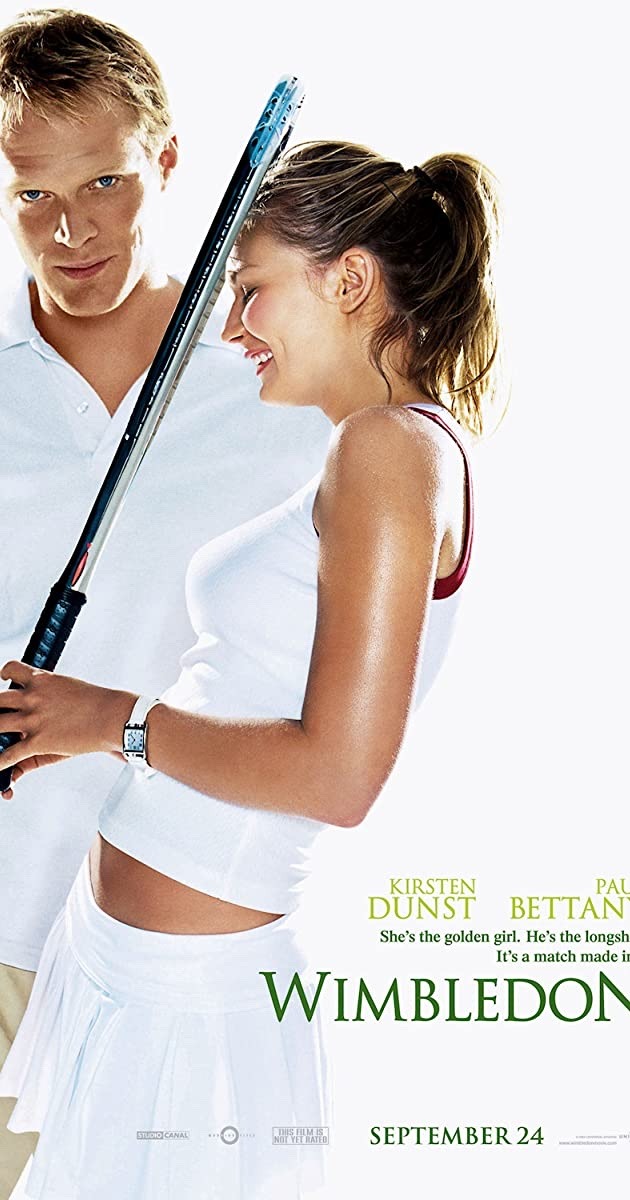
0 notes
Text
Who doesn’t like a Bond film? And the music has always been such an integral part of the experience, from the iconic theme by Monty Norman, through the unmistakable scoring of John Barry in the early oeuvre, to the collaboration with various pop-stars of the era for each individual movie’s theme.
Several other composers provided scores for Bond over the years, but the next most frequent was David Arnold, contributing 5 between 1997 and 2008, including what many polls suggest is the most popular of the series, Casino Royale (2006), by which point Daniel Craig had really settled into his stride.
It is interesting to note that during this period Arnold was also composer for risqué hit comedy series Little Britain. His arrival on the Bond scene was perhaps welcome after what some may consider the overly electronic Eric Serra contribution to GoldenEye (1995), his successor masterfully managing to keep the music feeling up-to-date without taking it beyond the realm of what feels like classic Bond.
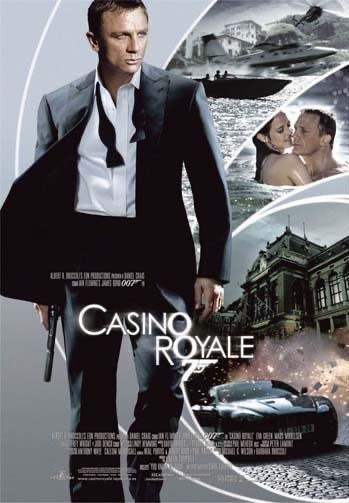
0 notes
Text
The Blues Brothers (1980), a hugely influential John Landis absolute classic - apart from all the cameos from top notch musicians, the music credits go to the inimitable Elmer Bernstein, for composing the “god” theme, and to the amazing Ira Newborn, as conductor and music supervisor on this occasion.
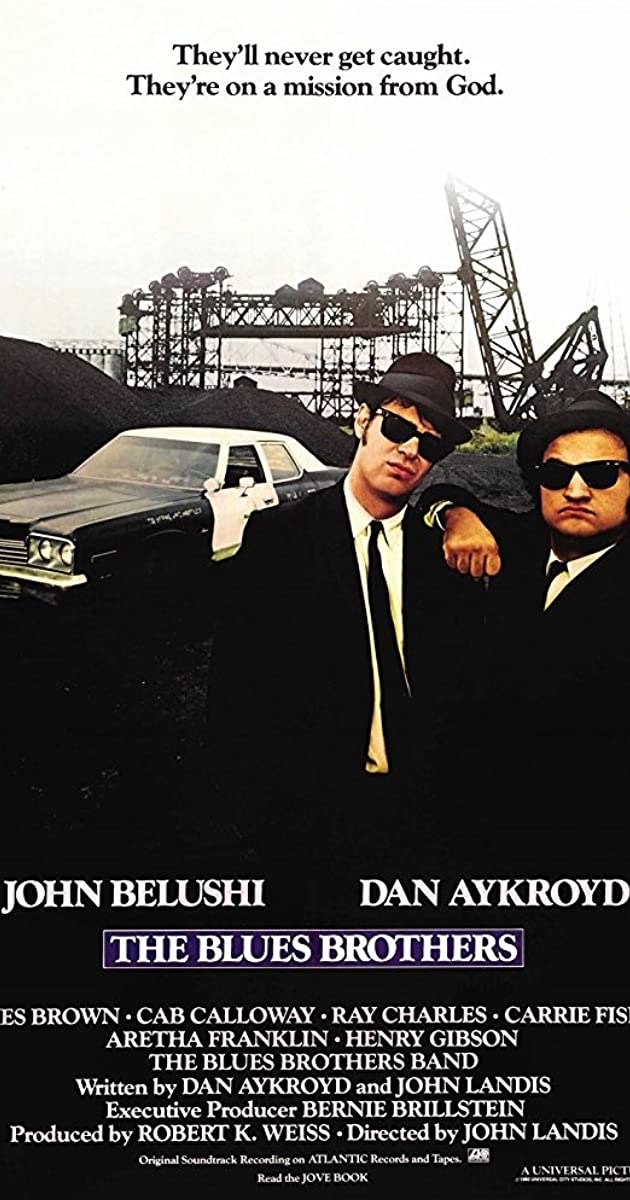
0 notes
Text
Some interestung timbral choices by James Newton Howard in Edward Zwick’s Pawn Sacrifice (2014), his score interwoven with chart hits evocative of the era. JNH dropped out of music school to tour with Elton John, going on to garner many ASCAP awards as well as 8 Oscar nominations, for such well-known hits as Defiance and The Fugitive.
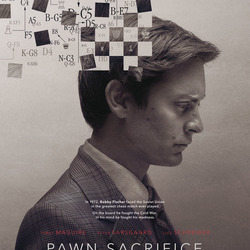
0 notes
Text
Nicholas Brodsky (1905-1958) beautifully scored The Way To The Stars (1945), providing ample light and shade to this wartime movie, filmed on location in North Yorkshire and based at Denham Studios. He has an impressive 5 Oscar nominations under his belt, including for the hit song Be My Love, which became the great Mario Lanza’s signature tune.
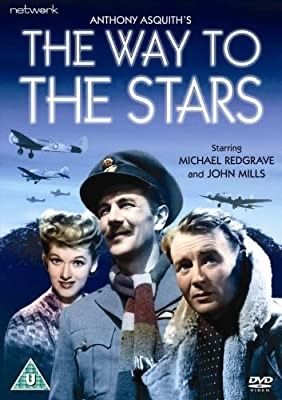
0 notes
Text
Leigh Harline (1907-1969), composer of the hit song When You Wish Upon A Star, for which he received an Academy Award, as well as another for the score as a whole for the film it featured in (Pinocchio), also provided the music for Mr Blandings Builds His Dream House (1948); apart from the adeptly handled scoring, the film is particularly memorable for the “rabbeted lintels” segment, and the broken fourth wall ending, and its theme remains relevant today.

0 notes
Text
My Favourite Wife (1940) boasts a score that runs the gamut of emotions, with particularly apt comedic sequences, including a memorable call & response with “Paging Mr Burkett”, earning an Oscar nomination for composer Roy Webb, successor to Max Steiner ar RKO in the mid-30s.
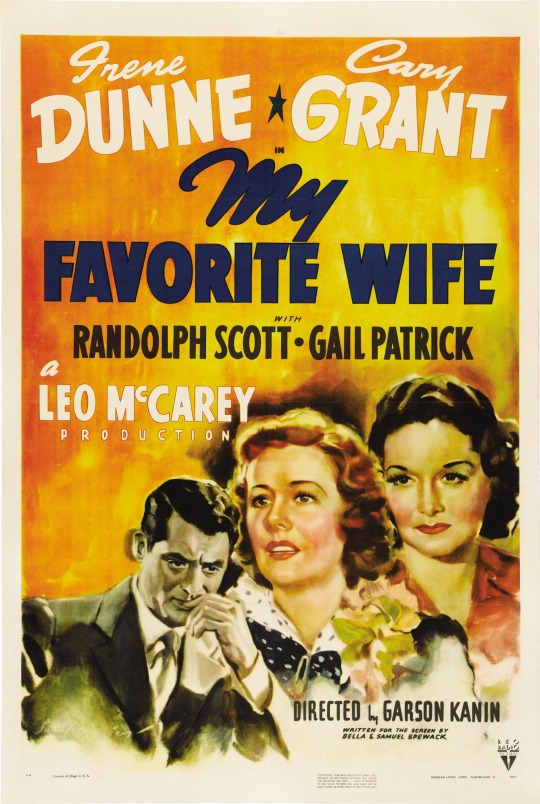
0 notes